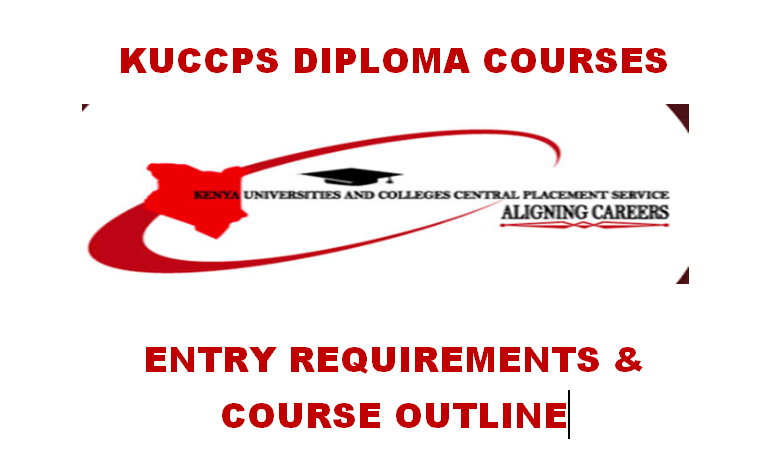TVET courses are gaining prominence as a viable alternative to traditional academic paths, offering students a chance to acquire practical skills and knowledge that can lead to gainful employment and entrepreneurship. In this blog post, we’ll explore TVET courses and their requirements
Tvet courses and requirements
Kenya offers a wide range of TVET courses to cater to diverse interests and career aspirations. These courses are typically categorized into the following levels:
| Type of TVET Course | Duration | Description | Requirements |
|---|---|---|---|
| Certificate Courses | 6 months to 2 years | Foundational skills in a specific trade or field | KCSE mean grade of D (plain) |
| Diploma Courses | 2 to 3 years | In-depth understanding of the chosen profession | Varies by institution; typically, KCSE mean grade of C- or higher |
| Artisan Courses | Varies, short duration | Selected artisan courses | KCSE score of D- or below (including those with an E) |
| NITA Courses | Short specialist courses | Skills for quick employability | Completion of Form 4 |
| Higher Diploma | Typically after completing a diploma | Advanced studies in the same or related field | Completion of a diploma in the same or closely related field |
This table provides a clear overview of the different types of TVET courses in Kenya along with their respective durations, descriptions, and requirements.
TVET artisan courses and requirements
KCSE score of D- or below (including those with an E)
- Artisan in Building Technology
- Artisan in Fashion Design and Garment Making
- Trade Test in Motor Vehicle Mechanics
- Artisan in Masonry
- Artisan in Motor Vehicle Mechanic
- Artisan craft in Garment Making
- Artisan in Electrical Installation & Electrical Wireman
- Artisan in Plumbing
- Trade Test in Beauty Therapy
- Artisan Craft in Food & Beverage
TVET certificate courses and requirements
KCSE mean grade of D (plain)
- Certificate in Disaster Management
- Certificate in Social Work
- Certificate in Community Development
- Certificate in Business Management
- Certificate in Tour Guiding
- Certificate in Electrical Engineering
- Certificate in Supply Chain Management
- Certificate in CPA
- Certificate in computer Engineering
- Certificate in Catering and Accommodation
TVET diploma courses and requirements
Varies by institution; typically, KCSE mean grade of C- or higher
- Full list here
- Diploma in Food Production
- Diploma in Business Administration
- Diploma in Information Technology
- Diploma in Business Management
- Diploma in Tourism Management
- Diploma in Journalism
- Diploma in Computer Engineering
- Diploma in Human Resource Management
- Diploma in Catering and Accommodation
- Diploma in Homecare Management
TVET NITA courses and requirements
Completion of Form 4
- Masonry
- Welding and Fabrication
- Motor Vehicle Mechanics
- Electrical Installation
- Carpentry & Joinery
- Plumbing, Pipe Fitter
- Motor Vehicle Electrician and Electronics
- Panel Beating and Spray Painting
- Arc Welding
- Motor Controls
TVET Higher diploma courses and requirements
Completion of a diploma in the same or closely related field
- Higher diploma in Applied Biology
- Higher diploma in Library & Information Studies
- Higher diploma in Business Administration
- Higher diploma in Entrepreneurship Education
- Higher diploma in Human Resource Management
- Higher diploma in Automotive Engineering
- Higher diploma in Mechanical Engineering
- Higher diploma in Information Studies
- Higher diploma in Business Management
- Higher diploma in Human Resource
- Higher diploma in Analytical Chemistry
- Higher diploma in Building and Civil Engineering
- Higher diploma in Electrical Engineering
- Higher diploma in Construction Engineering(Building/Civil)
- Higher diploma in Applied Chemistry
Explore from kuccps website here

